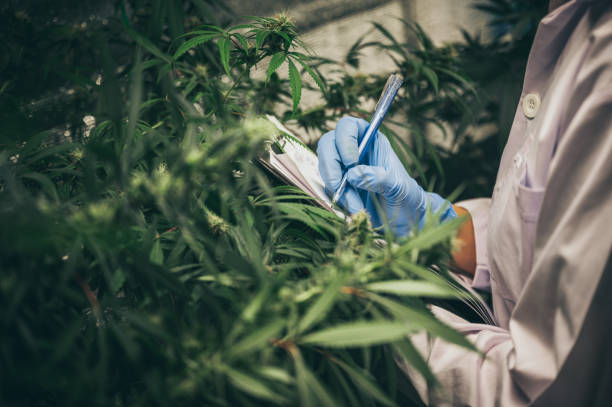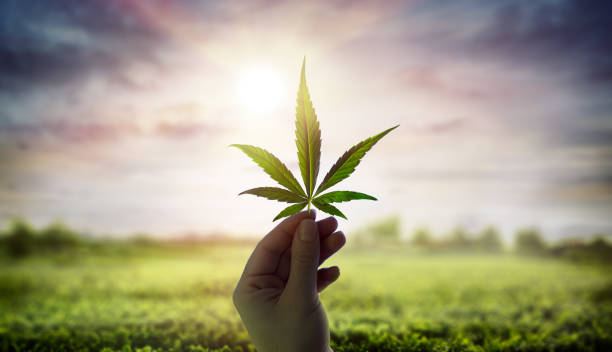Episode Transcript
[00:00:00] Welcome to today's episode where we tackle five common misconceptions about the recreational cannabis industry. With legalization spreading across the U.S. misunderstandings persist about the impact and nature of this growing market. We'll clarify these misconceptions, shedding light on how the industry operates and its effects on society.
[00:00:25] Recreational Cannabis increases crime One of the most persistent myths is that legalizing cannabis leads to a rise in crime. However, studies from states with legalized cannabis suggest otherwise. Data shows that regulated markets often reduce black market activity and associated criminal behavior. Moreover, many regions report stable or decreased crime rates post legalization, as law enforcement focuses on serious offenses rather than cannabis possession.
[00:01:00] 2. Legal cannabis markets are unregulated Some believe recreational cannabis markets are a free for all, but this couldn't be further from the truth. These markets are heavily regulated, with strict rules governing cultivation, sales, advertising, and product testing. Licensed dispensaries must comply with rigorous safety and quality standards, ensuring consumers receive safe and consistent products.
[00:01:33] Cannabis use leads to widespread addiction, while cannabis can be habit forming. For some, the rates of cannabis dependency are relatively low compared to substances like alcohol or opioids. Education and responsible use play a critical role in mitigating risks.
[00:01:52] Legal markets often prioritize public awareness campaigns and provide resources to support responsible consumption.
[00:02:01] 4. Legalization leads to unregulated Youth access A significant concern is that legalization makes cannabis more accessible to minors. However, legal markets implement robust safeguards to prevent underage sales, including ID checks and strict licensing requirements. Studies show that regulated markets can actually reduce teen access by eliminating unregulated dealers.
[00:02:32] Recreational cannabis has no economic benefits.
[00:02:37] Another misconception is that legal cannabis markets don't contribute significantly to the economy.
[00:02:44] In reality, the industry generates billions in revenue through taxes, creates thousands of jobs, and boosts local economies.
[00:02:53] States like Colorado and California use cannabis tax revenues to fund education, public health programs, and infrastructure projects.


